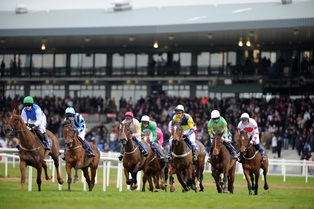
The Irish flat racing season comes to a close shortly and all eyes will turn to the national hunt scene in the months ahead. Without doubt, this has been another successful year for Irish trained horse both at home and abroad. Continued domestic dominance by the top Irish trainers has been coupled with Group 1 successes abroad in races including the Coronation Cup, 2000 Guineas, Epsom Derby, International Stakes, Queen Anne Stakes and St. James’s Palace Stakes. This despite the fact government funding to the state-arm of the industry, Horse Racing Ireland, has been reduced year-on-year since the onset of the financial crisis.
Most involved in the game would argue the reduction in funding has seen the industry suffer somewhat. A decline in horse ownership, breeding numbers, race entries and prize money over the past five years has no doubt been cause for concern for those employed directly in the sport of kings. That said, a 2012 Indecon report prepared for the Department of Agriculture, Food and the Marine confirms racing is still a significant employer in Ireland. The report states that:
"In 2011, the thoroughbred industry directly employed more than 4,000 people and earlier estimates suggested that if betting and racehorse sectors and other related employment are included horse racing supports over 20,000 employees- Dukes (report update 2010) indicates 17,351 employed”.
This puts the employment figures in the racing industry on par with the likes of Intel, Boston Scientific and Pfizer. For this reason, one must assume government support for the industry remains steadfast, despite deeper cutbacks in other key areas.
 RSS Feed
RSS Feed